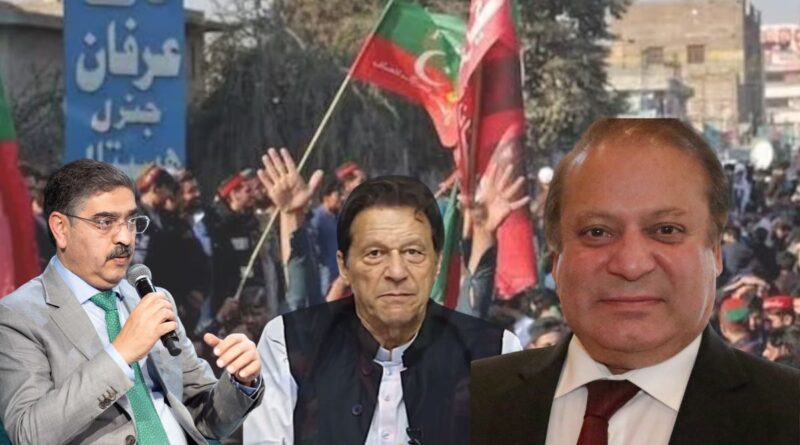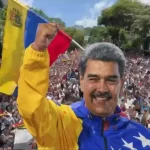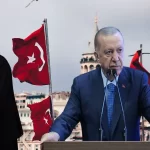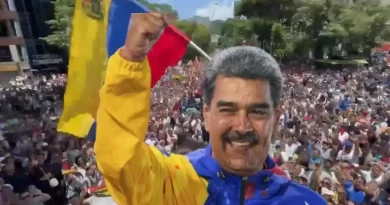Pakistan Faces the Electoral Credibility Crisis
In a startling turn of events, a senior Pakistani official, Liaquat Ali Chatha, confessed on Saturday to his involvement in manipulating election results, adding a new layer of controversy to the credibility of the recent polls in Pakistan. Chatha, holding a prominent administrative position in Punjab Province overseeing Rawalpindi and adjacent districts, revealed that he played a role in altering vote margins for 13 national Parliament seats, favoring candidates aligned with Imran Khan’s party.
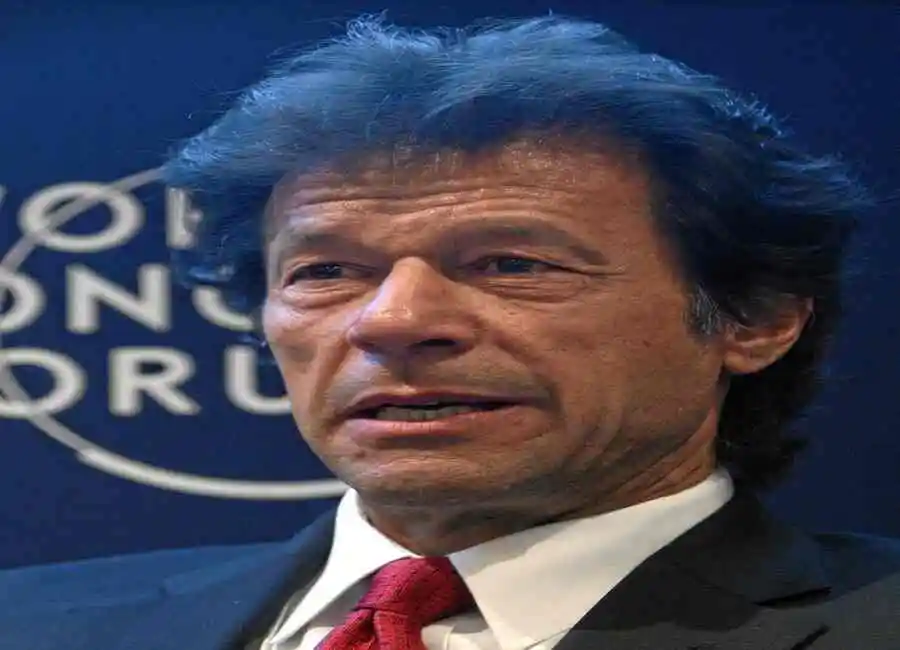
Imran Khan, the former Prime Minister of Pakistan, was at loggerheads with the Pakistani military and was being sidelined by the latter on charges of corruption. The former prime minister is currently in jail and does not have good relations with the military, which is a prerequisite for enjoying the premiership in Pakistan. The Pakistani military itself is being seen as corrupt by the common man in the country.
Chatha said at a news conference on Saturday, “We converted losers into winners, reversing margins of 70,000 votes of independent candidates for 13 national Parliament seats. As per his statement, Chatha suggests that the other higher authorities have been a part of the scheme of things. He expressed his inability to sleep at night after all of this, saying it was equivalent to “stabbing the country in its back.”
Chatha resigned from his role and declared in a press conference that he would be turning himself into the police. The turmoil that has been raging in the nation since the polls are heightened by his admission, which also adds credence to the growing belief that the most recent elections in Pakistani history are among the least legitimate.
Chatha’s confession emerged just over a week after the elections, where candidates associated with Imran Khan’s party, Pakistan Tehreek-e-Insaf (P.T.I.), surprisingly secured more seats than anticipated. This unexpected outcome challenged the traditional influence of the military on election results. Despite Imran Khan not being on the ballot due to previous convictions, his party’s victory was considered a significant upset.
The revelation by Chatha lends support to P.T.I.’s allegations that the military interfered with the vote count, particularly in Punjab. In response, the party is gearing up for legal challenges to contest the election results. The aftermath saw protests from Imran Khan’s supporters and members of smaller parties expressing dissatisfaction with the election outcomes.
Tausif Ahmed Khan, a political analyst, also underlined the alleged confession by Chatha, and himself made his apprehensions clear, about the dubious electoral process in Pakistan. He said,” The political parties’ claims gain new weight with this unexpected confession from a high-ranking official,”. He further added, “Mr. Chatha’s claims raise “serious concerns about the integrity of the electoral process and the potential illegitimacy of any future government formed based on these contested results,”.
The Human Rights Commission of Pakistan also released a report in which they expressed deep concern regarding the credibility and integrity of the February 8 voting. The report highlighted that the integrity of the elections had been “compromised” by pressure from “extra-democratic quarters,” referring to the military.
The government swiftly responded by instructing Chatha to report to the provincial government. Simultaneously, the Election Commission of Pakistan rejected Chatha’s accusations, calling for an “impartial probe” into complaints of election result manipulation. Whether or not Chatha had been arrested by Rawalpindi police was still up in the air as of Sunday.The current situation in Pakistan further compounds the uncertainty and challenges surrounding the most recent elections.

